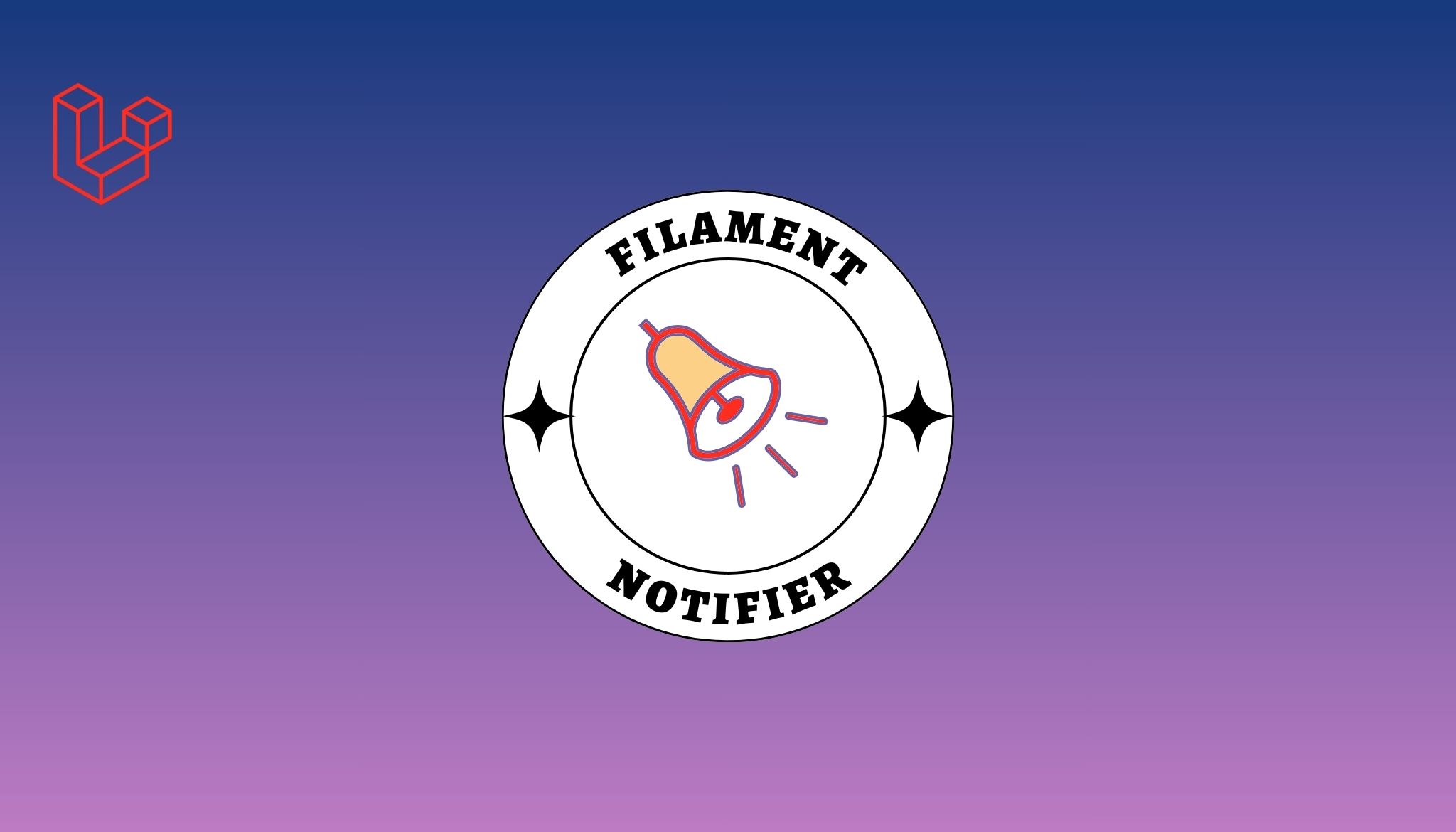Deploying a Laravel application in production can be daunting with all the security risks that come with it. From exposing confidential information to potential backdoor hacks, there are plenty of ways your system could be vulnerable. But by following these step-by-step instructions, you can ensure your system is secure and any malicious activities are kept out.
Also Read: How to Improve performance of Laravel Application
Use Latest Laravel Version
To stay protected from newly discovered security vulnerabilities, it's essential to use the latest version of Laravel framework. By default, new applications are created with this version and upgrading your application is as easy as changing the framework version in the composer.json file. Additionally, be sure you are running the compatible PHP & MySQL versions that match the Laravel requirements. Laravel 10 is about to come in February 2023, Check out whats new in Laravel 10.
Regenerate Application Key & Security Token
Once your Laravel framework version is taken care of, it’s time to go the extra mile and regenerate the application key and security token. Both these tokens are used internally by Laravel during runtime, but they can become compromised if they are left unchanged. To regenerate them, use the php artisan key:generate command in your terminal or console window. This will overwrite both existing keys with new ones that are more secure.
Also Read: Mistakes to avoid in Laravel Development
Secure your Code with Proper Authentication & Authorization
Secure your Laravel application by making sure that authentication is enabled and users are identified correctly. A great way to do this is to require users to use unique identifiers, such as usernames or email addresses. Additionally, ensuring that authorization is set up correctly protects resources from unauthorized access, such as editing a user profile without their permission. This can be achieved by implementing Laravel’s policy based authorization and using Appropriate Access Control Lists (ACL).
Also Read: Implementing Roles & Permissions in Laravel
Disabled Debugging
Also Read: Laravel Livewire comments
Another effective way to secure an application is to disable debug mode and caching while in production. Debug mode enables verbose debugging messages and can be used by malicious people to obtain information on a system. Enabled caching improves performance but it also creates security vulnerabilities if not configured properly. Therefore, it’s important to take extra care when configuring or disabling caching and debug mode in Laravel applications.To do this simply change the following in .env file.
Also Read: Top 10 reasons to choose Laravel
APP_DEBUG=false
APP_ENV=productionUtilize SSL/TLS for encrypted Communication
Security is not something to take lightly when deploying your Laravel applications in production. Secure Sockets Layer (SSL) and Transport Layer Security (TLS) are cryptographic protocols that provide communications security over the internet and ensure encrypted communication between a client and server. Utilizing SSL/TLS is an essential step for keeping your application secure from malicious activities, so be sure to install an SSL certificate on your web server before deploying into production.
Also Read: Laravel Deployment using Envoy
Conclusion
To wind up, when moving the app to production, be sure to run these commands afterwards to further improve security and application's performance.
php artisan cache:clear
php artisan route:clear
php artisan config:cache
php artisan view:cache
php artisan optimize



